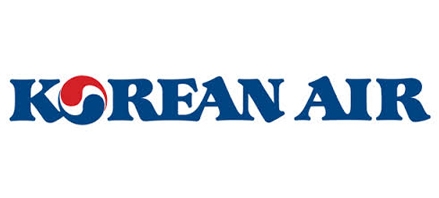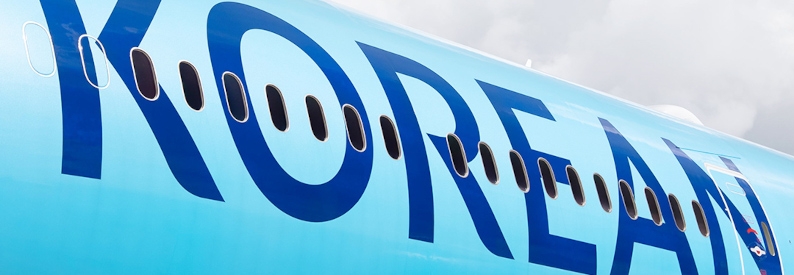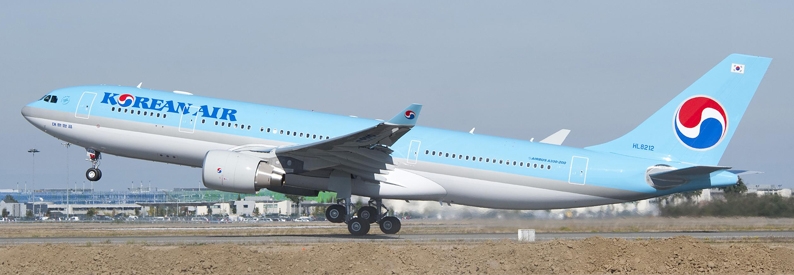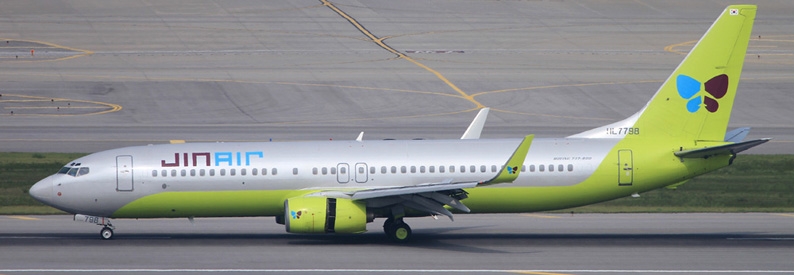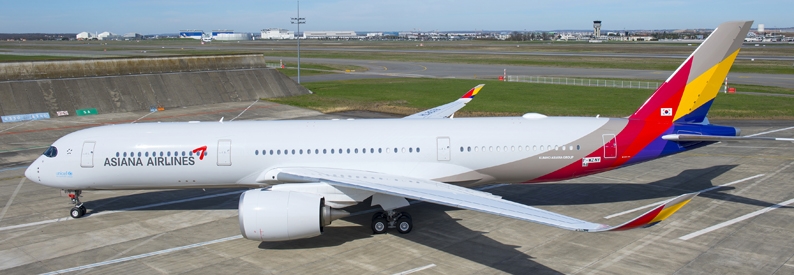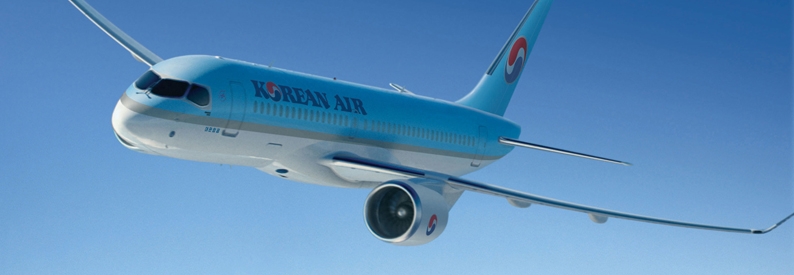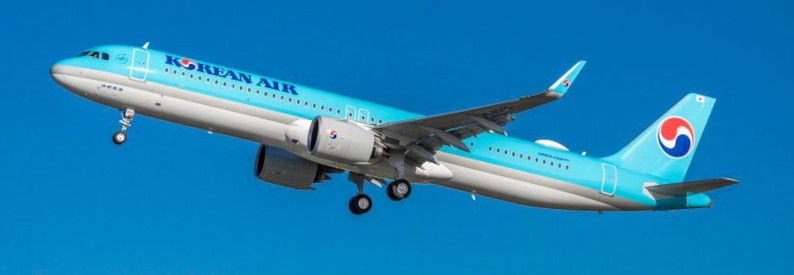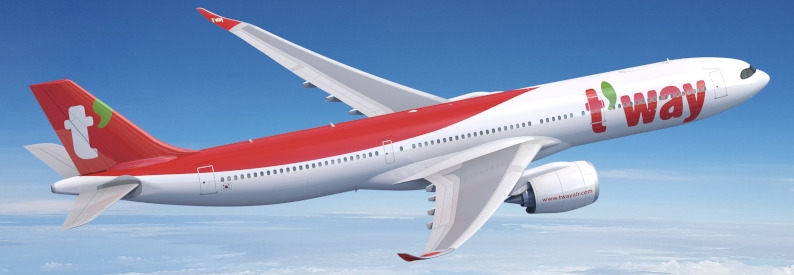Korean Air (KE, Seoul Incheon) has requested a time extension to address European Commission (EC) concerns about its proposed merger with Asiana Airlines (OZ, Seoul Incheon). At the same time, details have emerged of the concessions Korean Air made to Chinese authorities in order to get their approval for the merger.
Korean Air has confirmed that it asked for the extension deadline to "render comprehensive remedies that can address the EC's concerns." The EC's website acknowledges receipt and granting of the request. "The company will do its best to come up with measures that can address their antitrust concerns and finalize the discussions within the new deadline,” reads a statement on the matter from the airline. Neither party has said how long the extension is for, but Seoul-based media suggests it is for another two months. A Korean Air spokesperson would not confirm this timeline to ch-aviation, instead saying that the airline will submit a remedy package and finalise negotiations within the new timeline.
The EC was due to hand down its merger decision on August 3 after previously expressing strong reservations about it. As reported in ch-aviation, Korean Air has been scrambling to address the EC's concerns, including proposing providing aircraft and MRO support to South Korean low-cost carriers to facilitate their flying into Europe, and also surrendering slots. Korean Air still needs to secure merger approval from authorities in the European Union, the United States, and Japan.
Meanwhile, the Business Korea portal reports that Korean Air and Asiana surrendered 49 slot pairs across nine South Korea - China routes to secure merger approval from China's competition authority, the State Administration for Market Regulation (SAMR). Korean Air and Asiana had held 165 slot pairs across these nine routes, with the surrendered slots equating to an almost 30% reduction. Specifically, the two South Korean airlines gave up:
- three slot pairs on the Seoul Incheon - Zhangjiajie Hehua route;
- five slot pairs on the Seoul Incheon - Xi'an Xianyang route;
- seven slot pairs on the Seoul Incheon - Shenzhen route;
- four slot pairs on the Seoul Incheon - Changhai route;
- seven slot pairs on the Seoul Incheon - Beijing Capital route;
- seven slot pairs on the Seoul Incheon - Shanghai Pudong route;
- three slot pairs on the Seoul Incheon - Tianjin route;
- seven slot pairs on the Busan - Qingdao Jiaodong route; and
- six slots pairs on the Busan- Beijing Capital route.
Korean Air said that while Chinese operators may take up the available slots, they are open to any airline eligible to fly on the relevant sectors. To date, South Korean operators such as t'way Air, Jin Air, and Jeju Air have not indicated any interest in acquiring any of the available slots.
Korean Air and Asiana have also previously surrendered slots, later taken up by Virgin Atlantic (VS, London Heathrow), to secure merger approval from the relevant UK authorities. However, it is reported that scores more slot pairs may need to be surrendered to secure EC and US merger approval, with a forecasted USD1 billion in annual revenues shifting to competitor airlines. Separately, approval from Japanese authorities, while slow, is expected to be forthcoming given the reasonable level of competition already existing on the South Korea - Japan country pair.
- Type
- Base
- Aircraft
- Destinations
- Routes
- Daily Flights
